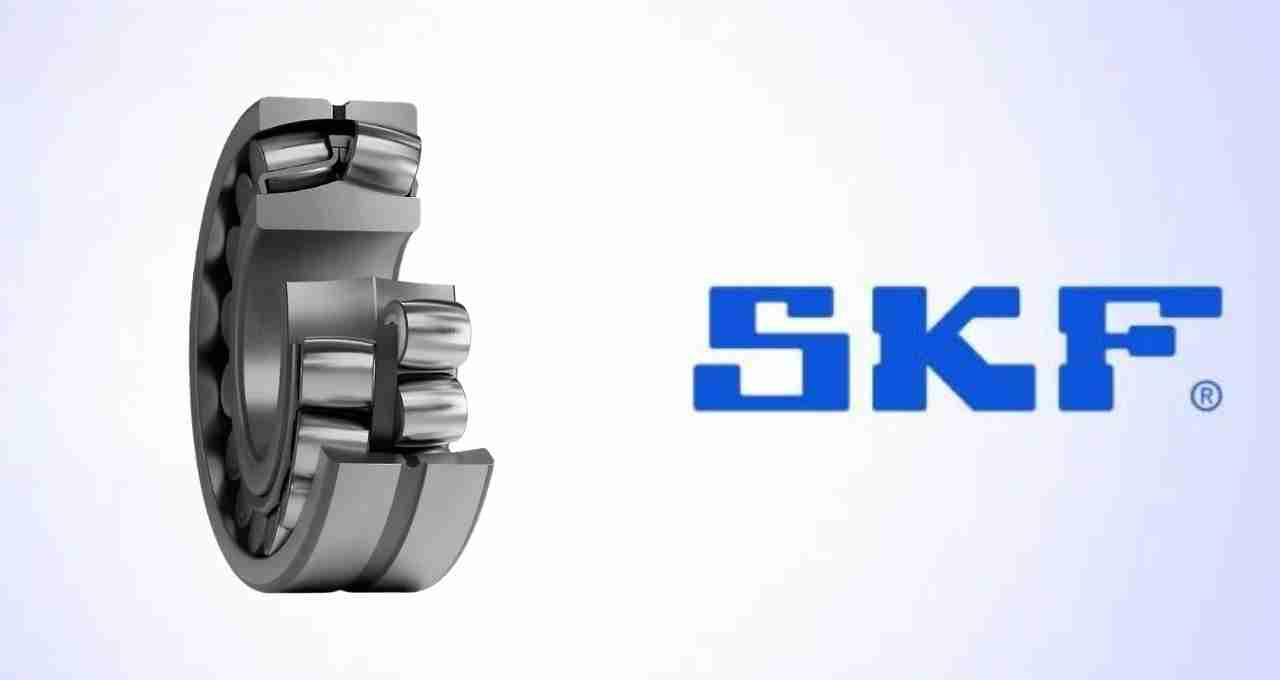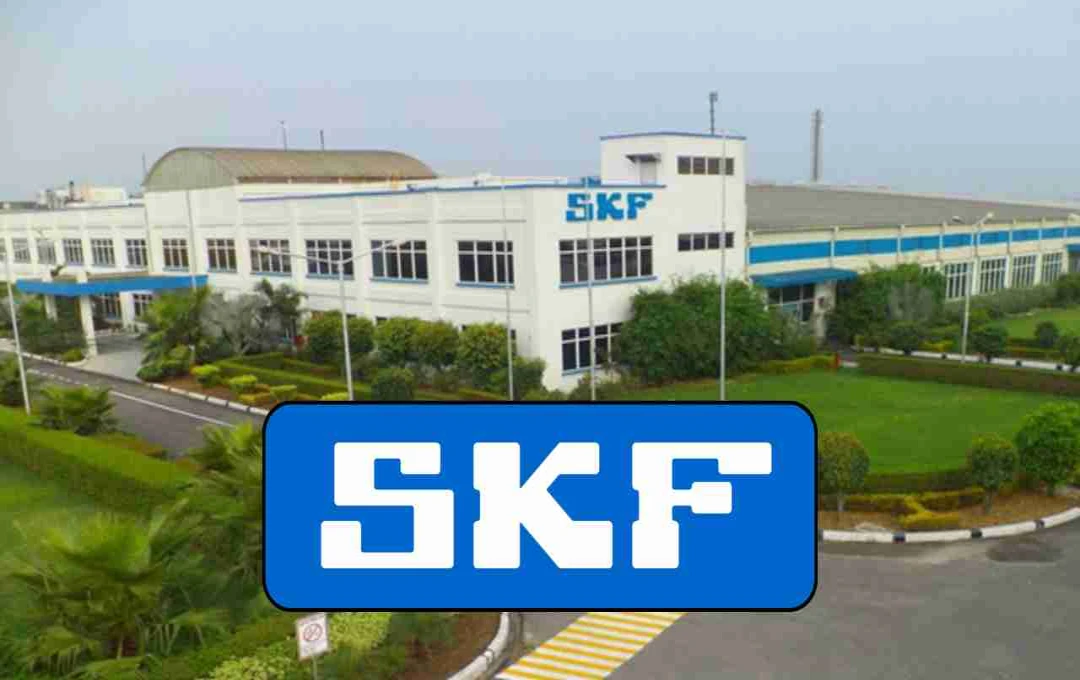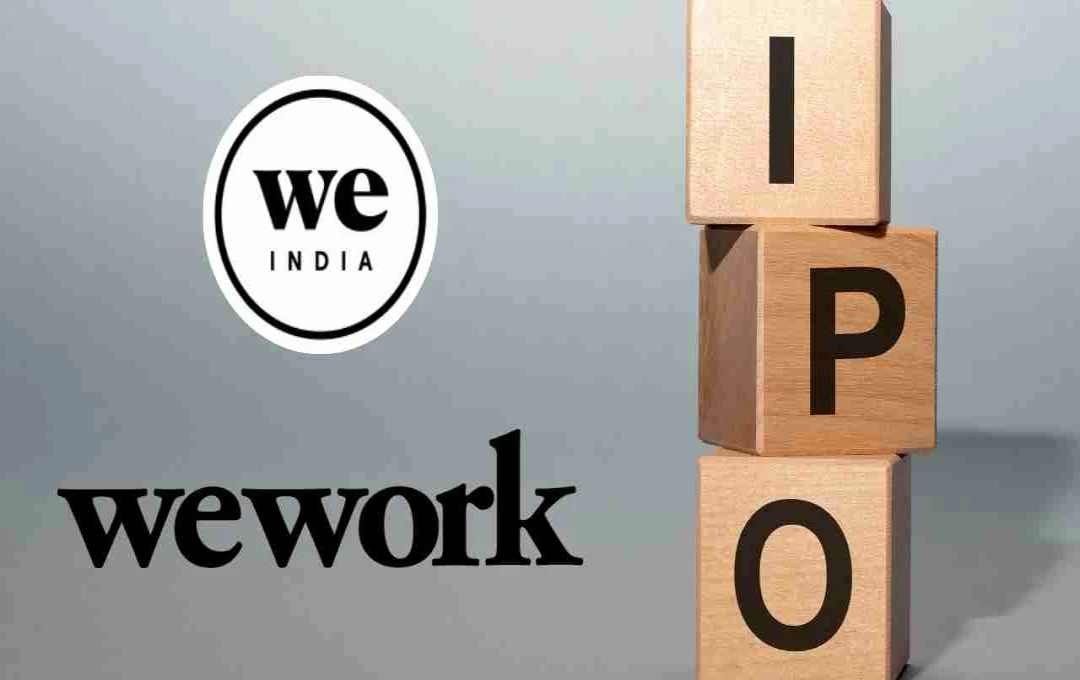SKF India has demerged its automobile and industrial businesses. The new company, SKF India (Industrial) Ltd, will focus on sectors such as railways, manufacturing, and renewable energy. Both units will collectively invest approximately 1,460 crore rupees by 2030. This will lead to the establishment of new factories, increased employment, and provide investors with opportunities in two distinct growth stories.
SKF India Ltd: SKF India, an auto parts manufacturing company, has implemented the demerger of its automobile and industrial businesses effective October 1, 2025, which has received approval from the NCLT. The company will now operate as two separate entities: the old company will focus on the automobile segment, and the new entity, SKF India (Industrial) Ltd, will focus on manufacturing, railways, renewable energy, and other industrial sectors. Both companies will invest approximately 1,460 crore rupees by 2030, leading to the creation of new factories and employment, thereby generating better value for investors.
Industrial Business Demerger Implemented
The demerger of the industrial business officially came into effect on October 1, 2025. It has been approved by the National Company Law Tribunal based in Mumbai. It is expected that the new company, SKF India (Industrial) Ltd, will be listed on the share market by November 2025, provided all regulatory approvals are obtained.
Under this scheme, every shareholder of SKF India Ltd will receive one new share of SKF India (Industrial) Ltd. The old company will now focus on its automobile business. This will give investors an opportunity to invest in two different growth stories.
Focus on Automobile Business
The automobile unit will now concentrate on India's mobility transformation. This will include electric vehicles, hybrid models, the premium segment, last-mile delivery, and advanced safety systems.
The company has allocated an investment of 410-510 crore rupees for this unit by 2030. This investment will be made in Haridwar, Pune, and Bengaluru. The objective is to meet the increasing demand from OEMs. Additionally, the retail and service network will be expanded to ensure SKF India remains the preferred partner for automobile manufacturers.
New Form of Industrial Business

The new company, SKF India (Industrial) Ltd, will now focus on growth in the industrial sector. This includes sectors such as manufacturing, railways, renewable energy, cement, mining, and metals. These sectors play a crucial role in India's energy transition and infrastructure development.
An investment of 800-950 crore rupees will be made in this unit by 2030. Furthermore, a new manufacturing unit will be established in Pune by 2028 for channel expansion and market growth.
Why Was the Demerger Done?
This demerger was initially approved by the company's board in the fourth quarter of FY24. Subsequently, shareholders and regulators also cleared it.
The purpose of the demerger is to make both businesses more focused and to create better value for investors. Each unit can now expand rapidly in its respective sector and explore new investment opportunities.
Investment and Expansion Plans
The automobile unit will emphasize electric and hybrid vehicles. Additionally, new models and advanced safety systems will be developed for the premium segment.
The industrial unit will work on large projects in the railway, metals, cement, and renewable energy sectors. New investments and factory expansion will increase production capacity and help meet market demand.
Impact on India's Industrial and Auto Sectors
This demerger and investment plan by SKF India are positive indicators for both the Indian automobile and industrial sectors. The investments will also lead to increased job opportunities.
With the automobile and industrial units operating separately, the market and investors will clearly see the growth of both businesses. This will also reflect on the company's shares and investor returns in the long term.















